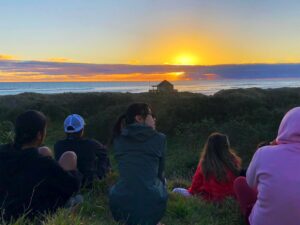MHJC will be hosting Mathex once again on Friday 2 July from 9.30am – Noon.

MHJC will be hosting Mathex once again on Friday 2 July from 9.30am – Noon.

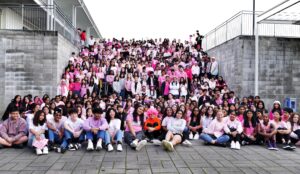
Congratulations to Kaela Clayton and John Nguyen for representing MHJC at College Sport’s Southeastern/Central Zone Cross Country. A challenging course for both athletes, Kaela and John ran strong races in a very competitive field. Well done to both!
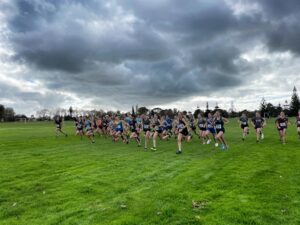
This week across New Zealand is Road Safety Week. Mission Heights students have been taking part by learning about the traffic patterns outside school. Students are learning how high traffic volumes can be reduced by walking to school, which in turn helps the planet. A friendly reminder to all students who walk – use the road patrol crossings.
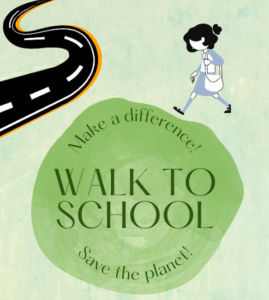
A friendly reminder to our school community that this week is Kindness Week. On Friday, we will be having a Pink Shirt Mufti Day as part of International Anti-Bullying Day supported by workplaces, schools, and organisations around the country. Students can wear a pink shirt or pink item of clothing. A gold coin donation will be collected with proceeds going to the Mental Health Foundation.
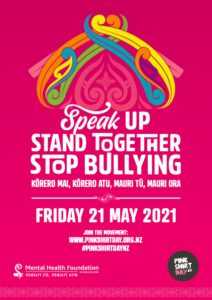
MHJC came First in the Intermediate Division and Second in the Senior Division earlier this week. Congratulations to the following students on their achievement – Toesh Rawat, James Hyunh, Sumida Gande, Ferris Zhang, Owen Chen, Arvinth Sathy, Ashvin Sathy, Zac Harrison, Rishiraj Singh, Sarayu Gande, and John Nyugen.
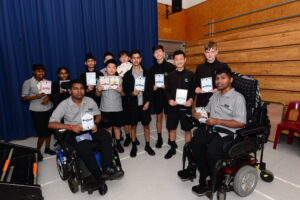
A reminder of the Homework Clubs running this term.
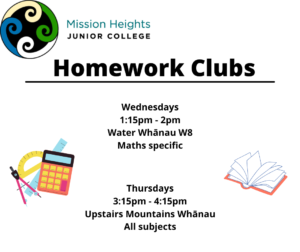
Water Whānau Year 10 students had an incredible Day 2 out at Muriwai. Students learned the skills and techniques of surfing in order to catch some waves. And horse trekking along the black sand was a completely new experience for many. What stunning Auckland weather too!
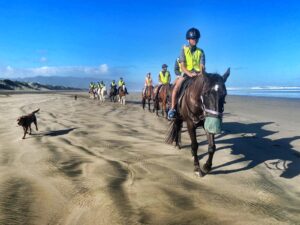 .
. 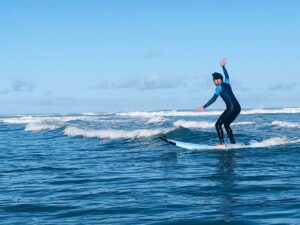
Today, Year 9 Outdoor Education students completed a day of tree planting to assist a Trees for Survival initiative in Karaka. This time spent planting also contributed to their community service stream of the William Pike Challenge Award.
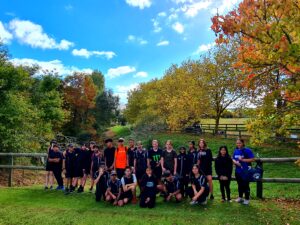
Water Whānau Year 10 students headed out to Muriwai Beach this morning for their Term 1 Context Camp. Activities will continue Thursday and Friday but a highlight from today was watching the sunset.
 .
. 